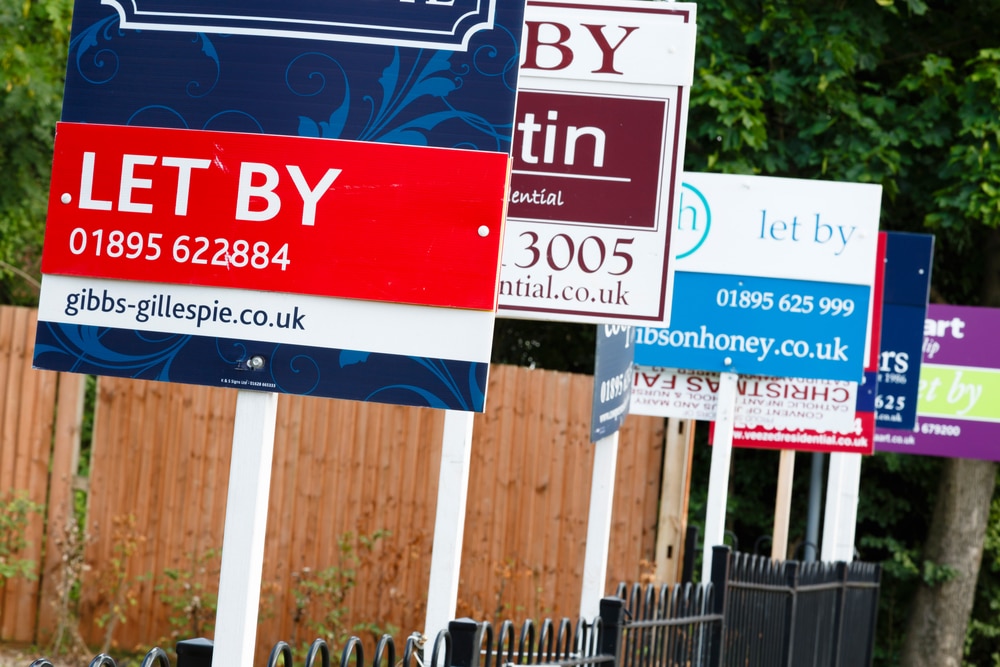The UK property market has gone through massive upheaval over the last fifty years. When Margaret Thatcher, previous Prime Minister of the UK, introduced the Housing Act 1980, giving council tenants the right to buy their homes at a discount, the hunger to own property was ignited.
By 1990, over one million tenants had taken advantage of this new law and purchased their flat or house. By 2012, this number exceeded two million.

INTRODUCTION OF THE AST
That same act also introduced the Assured Shorthold Tenancy (AST) which gave landlords the right to regain possession of their property after six months, releasing properties from the restraints of protected tenancies, and opening up the buy to let market to a much wider demographic.
A restructuring of the banking and building society sector equally created a more competitive market place for mortgage products fed into the entrepreneurial mindset of thousands, encouraging them to develop property portfolios that put housing stock back into the community.
RISING RATES EXCEEDING STRESS TESTS
In our post pandemic, economically fraught environment, the landlord business is a very different, and difficult place. While up till recently buy to let mortgages were stress tested at 5.5 per cent due to unusually low interest rates over the last few years, the recent rate hikes means that those stress tests are being very much tested. (That stress test has since been scrapped).
Equally, many landlords may have over leveraged their portfolios. So while they could maintain a good return when interest rates were low, higher rates meant that rental incomes barely cover outgoings, let alone any additional expenses that are being loaded onto landlords.
TOP LOADING RESPONSIBILITY FOR CARBON NEUTRALITY
Current legislation requires all landlords of residential buy to lets in the UK to ensure they meet EPC Energy Performance Certificate ratings of band C by 2028, requiring thousands of pounds of investment by landlords, many of whom will not have that level of capital.
For many landlords who have not maintained their properties over the years, there may be hidden catastrophes waiting for them. One of the energy efficiency methods will be to remove and replace old timber windows. If there is the presence of dry rot, then home insurance may well be a way of funding these ne installation. Unfortunately, neglect of the property does not allow you to claim on the insurance, and the bill will have to be covered by the landlord themselves.
KEEPING ON TOP OF MAINTENANCE AND SAFETY CHECKS
As a matter of course, the landlord is responsible for the overall repair and maintenance of the property. These refer to the overall structure of the property, bathroom fittings, (baths, sinks, toilets etc), heating and hot water systems, and doors and windows.
A landlord is also required to carry out all annual gas and electrical checks.
The above barely scratch the surface of the responsibilities of a landlord – and it is not a cheap option. If you are considering it you will want to cost out insurances, local taxation schemes, legal costs, capital gains and any other contingency costs for which you may be liable.
And on that surface, becoming a landlord does not appear to be a very profitable prospect.
By the same time, providing you keep the properties in good repair, charge a fair rent to tenants who treat your property with care and respect, and never over leverage your properties by taking out too much cash when refinancing, property ownership and management can still be a good long term option for those who want to create a different stream of income over and above traditional pensions and financial investments.
